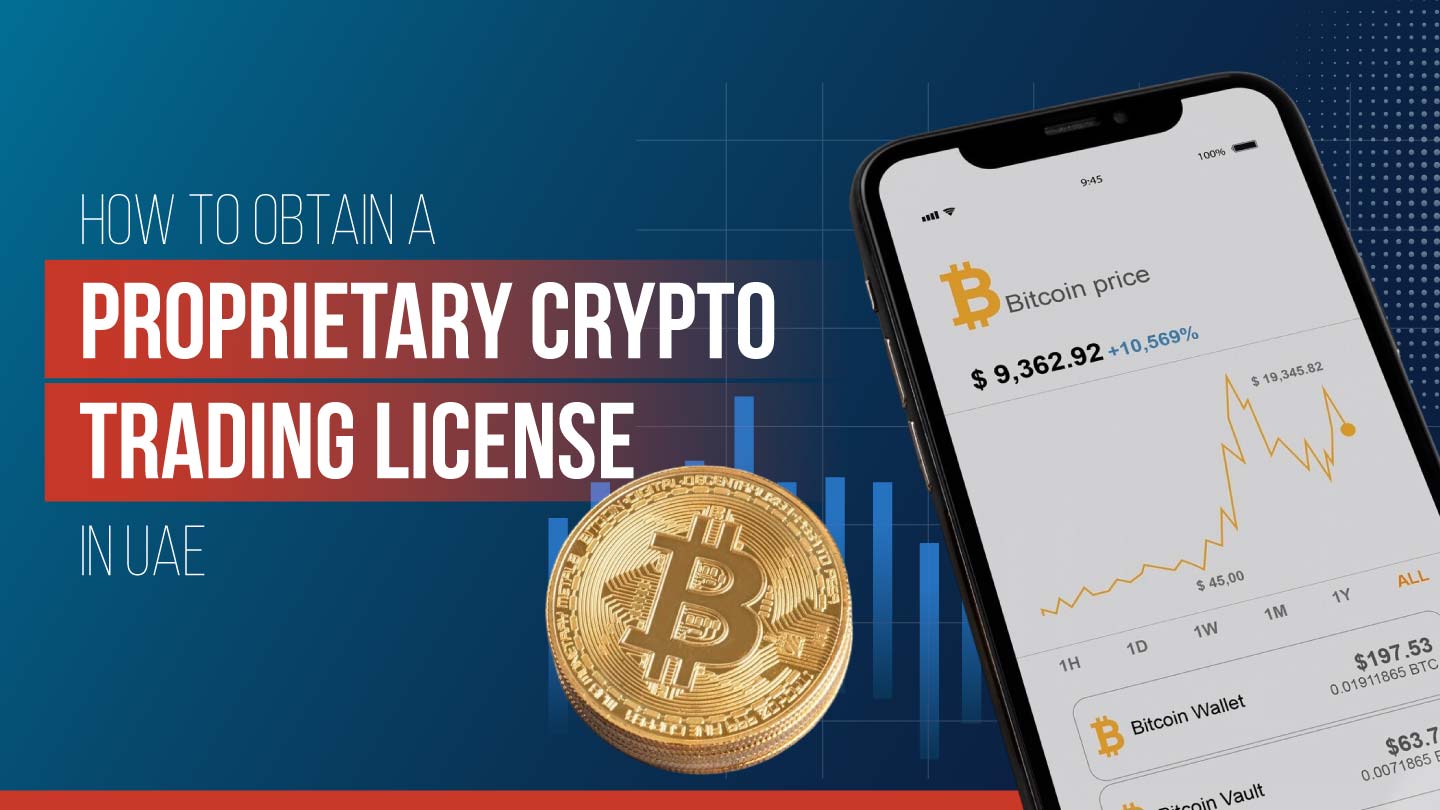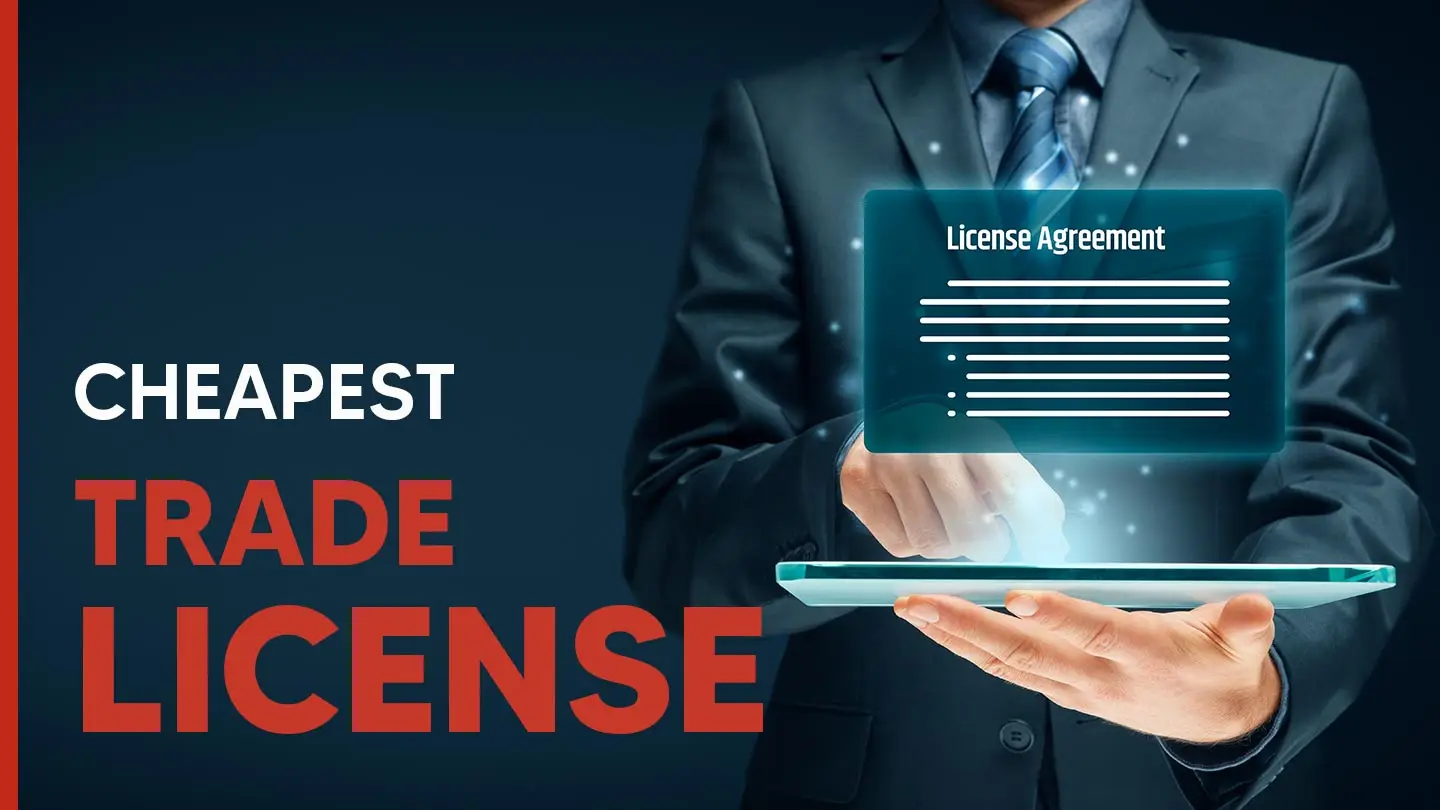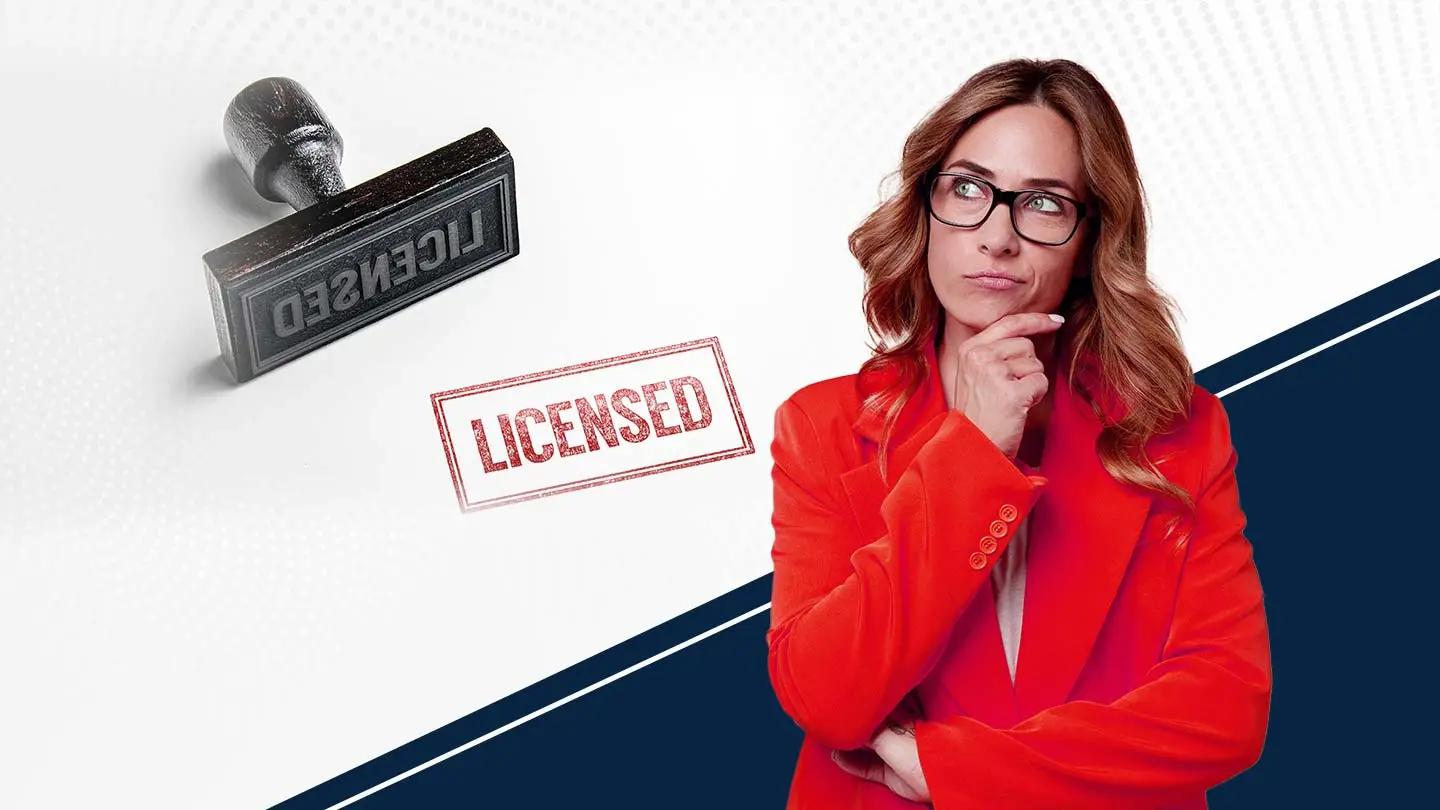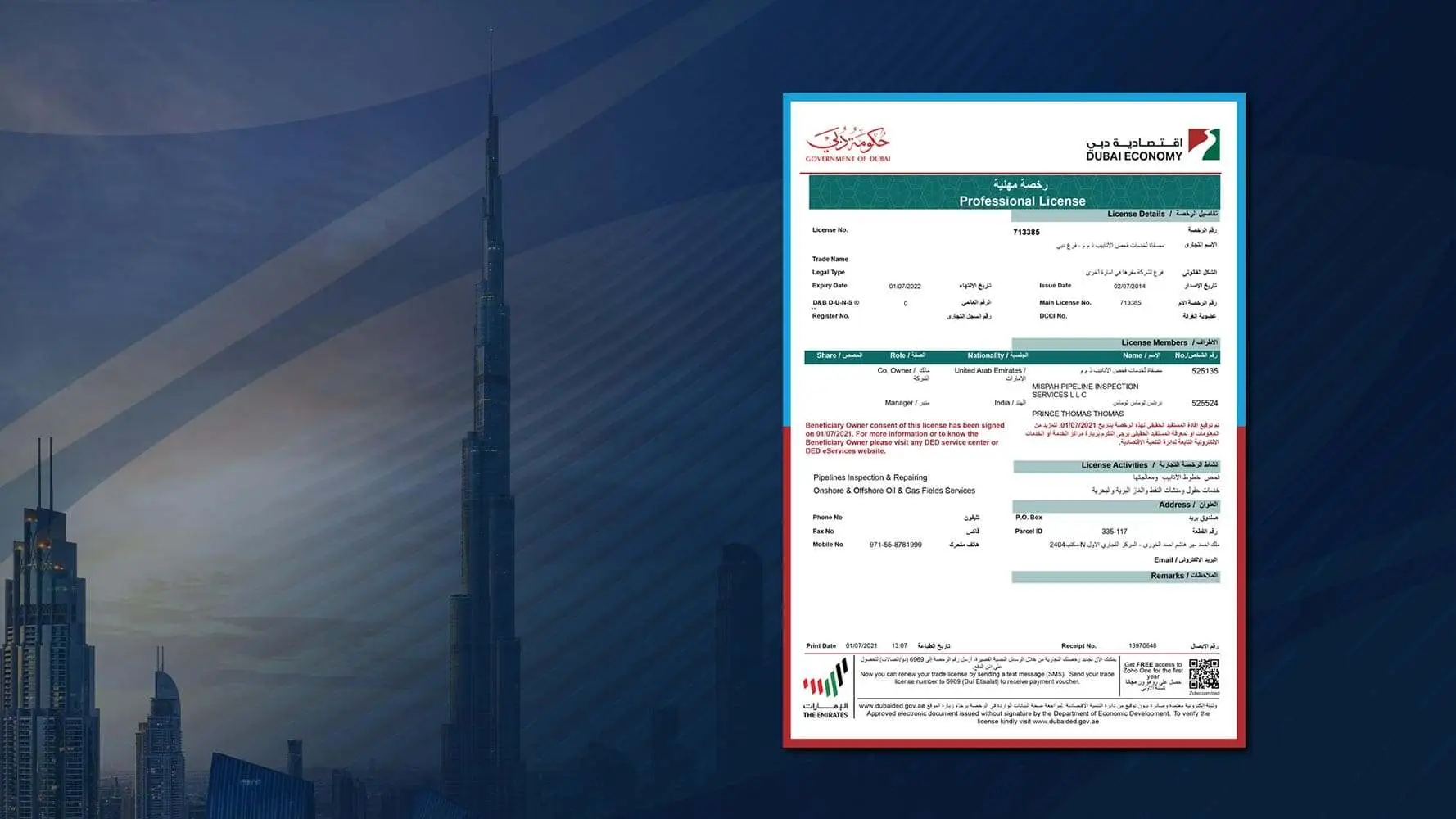Dubai has firmly established itself as a global hub for digital finance, creating a magnet for businesses in the virtual assets space. For traders and investment firms looking to use their own capital to profit from cryptocurrency markets, obtaining a proprietary crypto trading license in the UAE is the key to operating in a secure and well-regulated environment.
This guide breaks down everything you need to know about proprietary trading, the licensing process, and why Dubai is the ideal base for your virtual asset trading business.
What is Proprietary Trading Company?
A proprietary trading company is a licensed entity that conducts cryptocurrency trading using its own capital, not client money. It operates independently, relying solely on internal funds to execute trades, without handling external investments or offering third-party financial services.
In simple terms, proprietary (or “prop”) trading is when a firm trades financial instruments, like stocks, forex, or cryptocurrencies, using its own capital instead of clients’ money. The goal is to generate direct profit for the company from market movements.
Key Characteristics:
- Uses Own Funds: The firm is trading for its own account.
- Licensing is Mandatory: To operate legally in the UAE, a specific license is required.
- Not a Service Provider: Prop firms do not manage client investments or act as brokers.
Example: A DMCC-licensed company with a proprietary trading license can trade Bitcoin and Ethereum on its own behalf, keeping all profits (and losses).
Proprietary Crypto Trading License Explained
A proprietary crypto trading license is a specialized authorization that allows a company to trade virtual assets (crypto commodities) using its own funds. This license is perfect for investors who want to engage in the crypto market with full legal backing without the complexities of handling client assets.
Holding this license from a reputable jurisdiction like the DMCC provides immediate credibility and access to Dubai’s thriving digital asset ecosystem.
Where to Get Your License in the UAE?
Several leading free zones in Dubai offer this specialized license:
| Jurisdiction | Key Features |
|---|---|
| DMCC | The most popular choice. Offers a “Proprietary Trading in Crypto-Commodities” license. Does not allow client services like brokerage. |
| RAK DAO | A newer free zone dedicated to digital assets. Often cited as a streamlined option for prop trading setups. |
| DWTC Free Zone | Provides crypto licenses under Dubai’s VARA framework, suitable for various virtual asset activities. |
| DAFZA | It also offers licenses for proprietary trading in crypto commodities. |
Key Regulatory Bodies / Legal Considerations
Handling crypto and proprietary trading in the UAE isn’t just about picking the right free zone, it’s also about understanding the regulatory landscape that governs digital assets. Here’s a breakdown of the key authorities you should be aware of:
- VARA (Virtual Assets Regulatory Authority): The main regulator for virtual assets in Dubai, especially across free zones. If you’re setting up a proprietary trading or crypto-commodities business, you often need a No Objection Certificate (NOC) from VARA to operate legally.
- SCA (Securities & Commodities Authority): Governs broader regulated activities, particularly those involving exchanges, custody, funds, or third-party assets. Certain crypto activities may fall under their jurisdiction depending on the business model.
- Free Zone Authorities: Zones like DMCC, RAK DAO, and DWTC have their own licensing bodies. While they provide the license to operate within the zone, your crypto activities are still subject to oversight by regulators like VARA or SCA.
- FSRA (Financial Services Regulatory Authority): Oversees digital assets in ADGM, including exchanges and trading venues.
- DFSA (Dubai Financial Services Authority): Supervises tokenized asset activities within the DIFC, ensuring compliance with financial regulations.
Also Read: A Complete Guide to Cryptocurrency Regulations in the UAE
How to Set Up Your Proprietary Trading Firm in Dubai?
Setting up your firm involves a clear, multi-step process:
- Choose Your Jurisdiction: Select the free zone (e.g., DMCC, RAK DAO) that best aligns with your business needs.
- Company Formation: Reserve your trade name and submit the incorporation application with the necessary documents.
- Prepare a Solid Business Plan: Detail your trading strategies, risk management, technology infrastructure, and compliance procedures.
- Obtain Regulatory Approvals: Apply for the commercial license from your chosen free zone and secure the mandatory NOC from VARA.
- Establish Compliance Frameworks: Implement robust Anti-Money Laundering (AML) and cybersecurity policies. Appoint a compliance officer.
- Fulfill Capital & Banking Needs: Meet the minimum capital requirements and open a corporate bank account.
- Set Up Trading Infrastructure: Procure trading platforms, market data feeds, and establish relationships with exchanges and custodians.
Also Read: How to Get a Crypto License in Dubai
Why You Should Set Up a Proprietary Trading Company in the UAE
If you’re serious about trading with your own funds, be it crypto, stocks, or forex, setting up a proprietary trading company in the UAE isn’t just smart, it’s a game-changer. Here’s why:
- Make Your Trading Official: By setting up a licensed company, your trading becomes fully compliant with legal requirements. No grey areas, no risks, just a clean, recognised setup to operate confidently.
- Get a UAE Bank Account: A registered company opens doors to corporate banking, making it easier to manage funds, pay trading fees, and handle international transfers.
- Secure UAE Residency: Company ownership allows you to apply for UAE residency visas, so you can live, work, and trade in one of the world’s most vibrant financial hubs.
- Pay Less Tax, Keep More Profit: The UAE’s favorable tax system means more of your earnings stay in your pocket, letting you focus on growing your trading business.
- Total Control Over Your Capital: You’re trading your own money, making your own calls, and keeping all the profits, no third parties, no complications.
- Trade Crypto Legally: Free zones like DMCC and RAK DAO allow you to run crypto trading activities within a fully regulated framework, giving peace of mind in a rapidly evolving market.
Key Requirements for Obtaining a Proprietary Crypto License in the UAE
Setting up a proprietary crypto trading or investment company in the UAE involves meeting specific criteria depending on the jurisdiction. Here’s what you need to know before applying:
1. Share Capital:
- RAK DAO: No minimum share capital requirement, making it a cost-effective option for startups and solo traders.
- DMCC: A minimum paid-up capital of AED 50,000 is required. The amount can vary based on the business model and the number of shareholders.
2. Office Space:
- Both RAK DAO and DMCC enable entrepreneurs to begin with a flexi-desk or shared office, eliminating the need for a complete physical office space. This flexibility supports remote and digital-first businesses.
3. Documentation:
Applicants are required to submit the following:
- Copy of passports of all shareholders and directors
- Comprehensive business plan outlining the crypto activities and revenue model
KYC (Know Your Customer) forms to comply with anti-money laundering (AML) and due diligence requirements
How to Trade Cryptocurrencies in the UAE with Your Own Funds
The UAE offers a supportive environment for proprietary crypto trading, allowing individuals to trade using their own capital without managing client funds.
Here are the main ways to trade legally in the UAE:
- Centralized Exchanges (CEXs): Trade safely on platforms like Binance, Bybit, OKX, Kraken, or Coinbase, all offering liquidity, advanced tools, and strong security.
- Over the Counter (OTC) Platforms: Use Binance OTC, FalconX, or Copper for large-volume transactions with privacy and minimal slippage.
- Algorithmic or High-Frequency Trading: Automate trades using bots or custom algorithms for faster, data-driven execution.
- Decentralized Exchanges (DEXs): Platforms like Uniswap, Curve, and dYdX let you trade peer-to-peer directly from your wallet.
Always ensure your trading activities follow the UAE’s crypto compliance and licensing regulations.
Understanding the Costs
Setup costs vary based on the jurisdiction and package. All-inclusive company setup packages for a proprietary trading LLC often start from AED 29,999* for the first year. This typically covers:
- License and registration fees
- Dedicated business consultant
- Flexi-desk office space
- Visa costs for the owner/partner
- Immigration and documentation support
Start Your Proprietary Trading Journey with Shuraa
Navigating the licensing and setup process for a proprietary crypto trading license in the UAE can be complex. This is where expert guidance makes all the difference.
Shuraa Business Setup provides comprehensive, end-to-end support to establish your proprietary trading firm seamlessly. From selecting the right jurisdiction and handling license applications to ensuring full compliance with VARA and free zone regulations, we manage the entire process for you.
Ready to trade with confidence?
Contact Shuraa today to launch your proprietary trading business in Dubai.
- Call: +971 4 408 1900
- WhatsApp: +971 50 777 5554
- Email: info@shuraa.com
Frequently Asked Questions (FAQs)
1. What is a proprietary crypto trading license?
A proprietary crypto trading license allows a company to trade cryptocurrencies using its own capital legally in the UAE. It is designed for businesses that wish to engage in cryptocurrency trading without managing client funds. Essentially, it’s a formal approval to run crypto trading operations under UAE regulations.
2. Is proprietary crypto trading legal in the UAE?
Yes. Proprietary crypto trading is legal in the UAE, provided you operate under the proper regulatory framework. Companies often register in free zones like DMCC or RAK and obtain licenses from authorities such as VARA (Virtual Assets Regulatory Authority) or SCA (Securities & Commodities Authority) depending on the activity. Compliance ensures your trading is fully above board.
3. What’s the difference between crypto prop trading and asset management licenses?
The key difference lies in whose money you handle:
- Proprietary trading license: You trade only your company’s funds. No client money or third-party investments are involved.
- Crypto asset management license: You manage client funds or investments, providing services like portfolio management, trading on behalf of investors, or running crypto funds. This comes with stricter compliance and reporting requirements.
Disclaimer: The information in this post is for general guidance only and may change due to updates in government policies or regulations.

